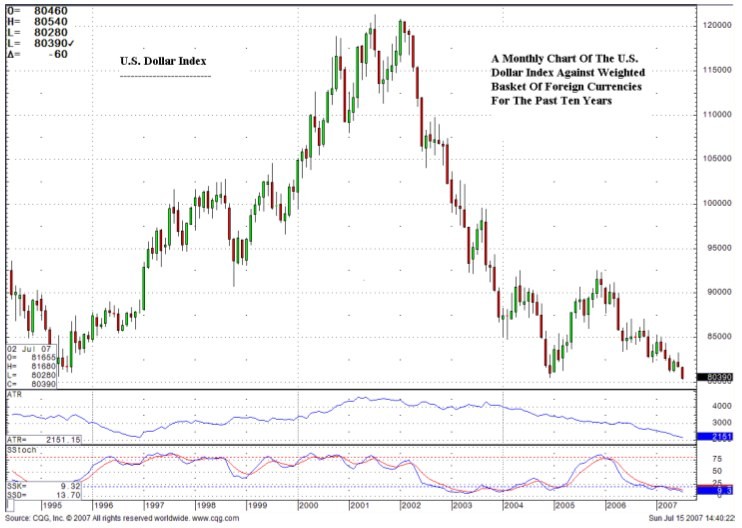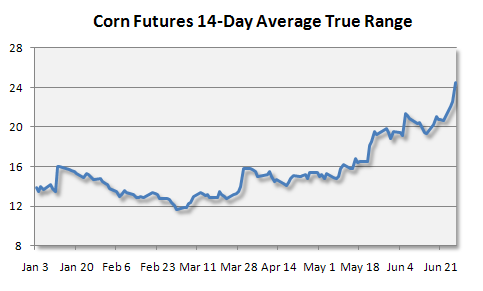Futures Traders Must Understand Risks In Commodity Trading
Post on: 2 Июль, 2015 No Comment

If you’re new here, you may want to subscribe to my RSS feed. Thanks for visiting!
Playing the commodity market is viewed as (and can be) a risky game. Many investors consider commodities the market’s riskiest asset. The truth is that commodities are no riskier than stocks. Certainly there is risk, as there is in any investment. But the risk is no greater in the commodity markets than it is in any other market.
In current years, commodities have out-performed stocks. From 2002 to 2005, the Dow Jones Industrial Average returned a respectable 7%. During the same period, the Dow Jones-AIG Commodity Index increased a whopping 21%!
Risk is a matter of perception and knowledge. People (and investors are just folks) fear what they don’t know or understand. That’s where the commodity market gets its bad rap. Most investors just don’t know enough about commodities or how they work so they avoid them. Futures traders who take the time to learn about commodities and come to understand commodity markets gain an open playing field with plenty of room to maneuver.
What are the real risks in trading commodity futures?

Geopolitical risk. One of the greatest inherent risks in trading commodities is that the world’s natural resources are tied to physical geography which has been parceled out and is controlled by various world governments or sometimes by international companies. In order to access natural resources, companies must deal with and are often at the mercy of various foreign governments. The complexity of taking natural resources out of the ground and turning them into usable products is intense. Each government imposes on the process its own set of laws, way of doing business, cultural customs, tax structures, environmental concerns, employment requirements, technology network, etc.International disagreements over the control of natural resources are commonplace. Foreign developers can be unceremoniously booted out by the host country, losing their entire investment. If a country chooses to nationalize an industry — as Bolivia nationalized the natural gas industry in 2006 — the foreign developer loses everything in the blink of an eye, and has no recourse for reimbursement of his considerable investment.It’s difficult to protect yourself from geopolitical risk, but it pays to remember that in commodities, size matters. The bigger and more experienced the company, the more likely it is to succeed. Futures traders can use this information to determine probable risk.
Next time: Additional risk factors and how to manage risk.
For more information, 11 free trading lessons and a free ebook, visit Futures Trading Secrets .














